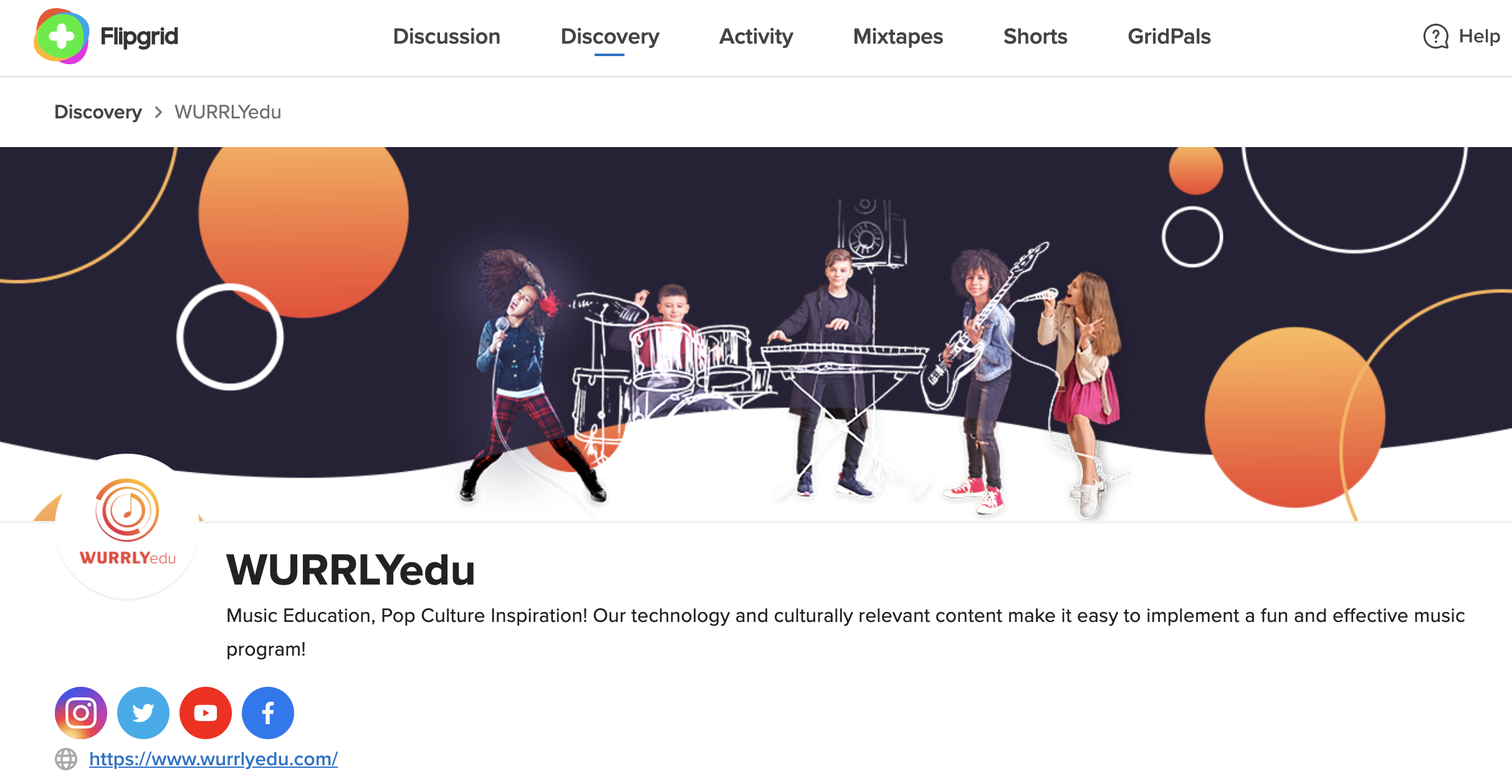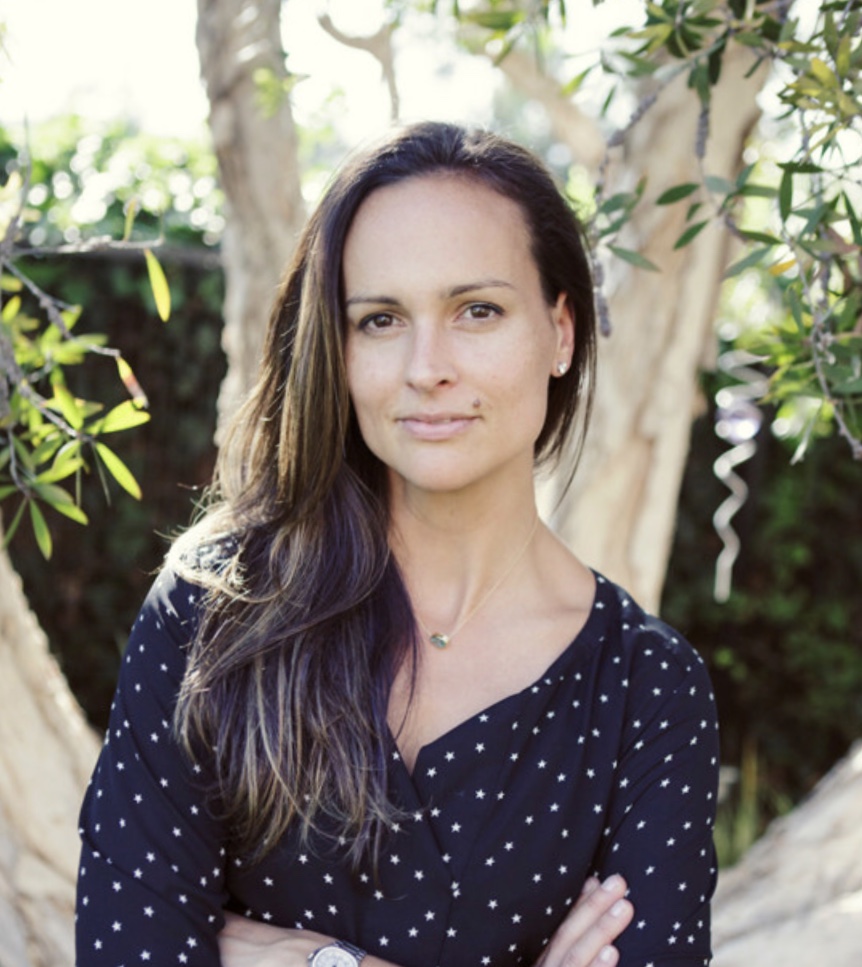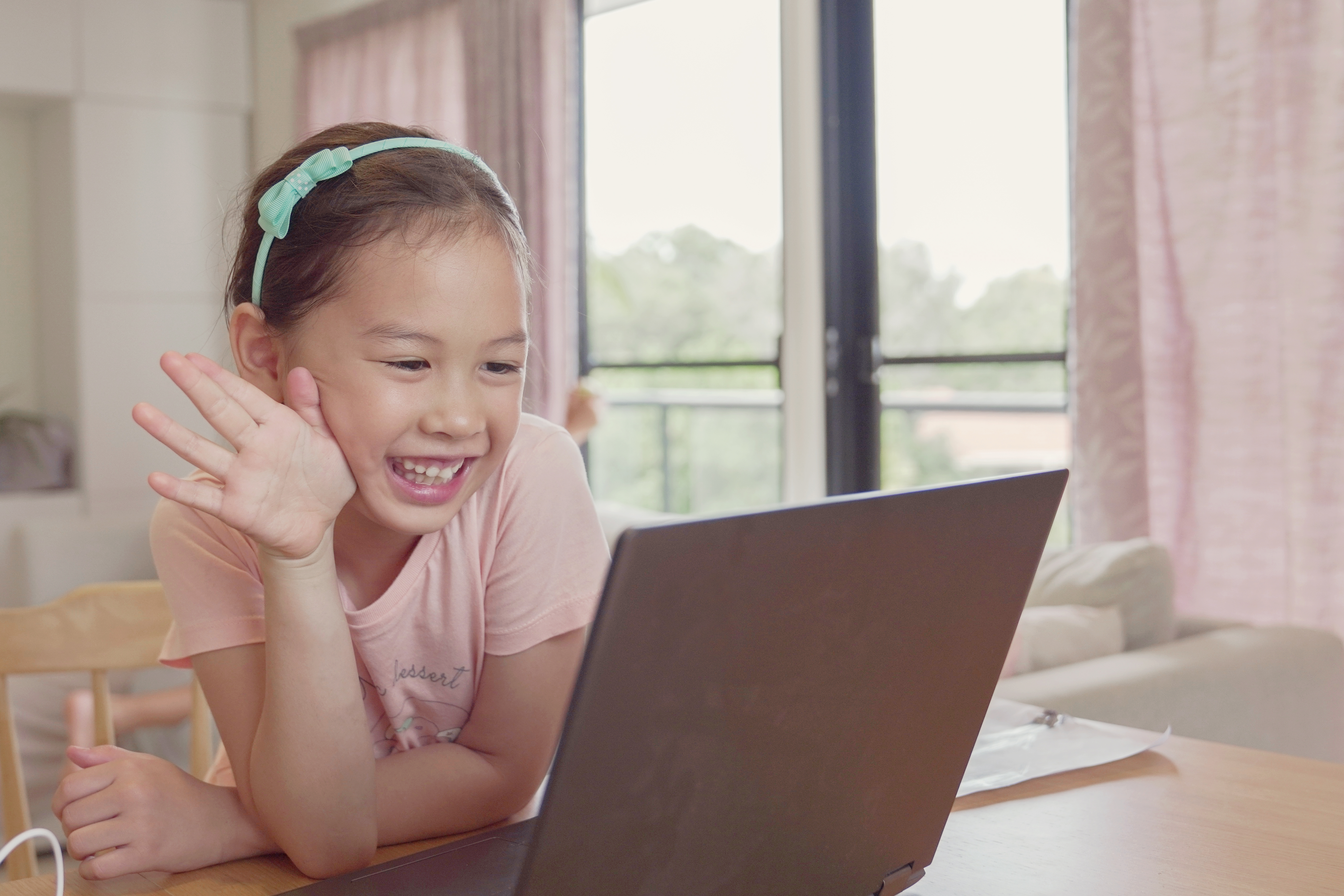As we continue in a seemingly endless remote learning environment, many kids are feeling increasingly frustrated, disconnected, and lonely. Parents, myself included, are looking for learning tools that students find engaging and fun, while they are at home.
Flipgrid, the popular video platform, is one of those interactive and collaborative tools. Flipgrid is used by millions of teachers, families, and pre-K to PhD students around the world, and it drives creation, rather than straight consumption of content. It centers on asking questions of students, which is always more engaging than a straight lecture, so it’s become an invaluable tool for many during distance learning. It helps connect school communities and empowers student voices by asking them to share what they’ve learned across any topic or subject.
And now, we at WURRLYedu, are thrilled to be partnering with Flipgrid, to offer some of our lesson plans and activities for fun and effective music education.
Getting Started with Flipgrid
Parents can create a free Flipgrid account and post their own topic or prompt for discussion or post one from Flipgrid’s Discovery Library. The Discovery Library is a place where Flipgrid partners and educators share topics for the community to explore and use with their own learners.
Education organizations around the world curate topics for the community to use including coding and computer science lessons from Code.org, and Minecraft Education Edition, the Metropolitan Museum of Art to spark Art discussions, or empower learners to strive for diversity and inclusion with the Langston League.
The variety and depth of content in the Discovery Library (more than 30,000 topics!) enables students to find lessons that are socially and culturally relevant to them and include the diverse voices of others.
Flipgrid’s Discovery Library
Our platform, WURRLYedu, can now be found in the Flipgrid Discovery Library, with interactive music lessons covering more than 40 topics including song, guitar, and ukulele tutorials, instructional videos on vlogging, podcasting, or making a music video, along with videos on the history of music genres like hip hop (to name just a few).

Flipgrid and WURRLYedu both encourage video recording and reflection as part of their process, which fits perfectly into almost any at-home project-based learning.
Allowing for students to go off Zoom and record themselves practicing a speech, reflecting on a book, singing a song, or creating a music video on a particular topic or the like, can inspire students and give them a much-needed break from watching the computer screen.
The importance of the recording is obvious – it provides greater self-awareness, better management of performance anxiety, and proof of progress.
The reflection is equally important as it closes the feedback loop. If students don’t ever see the parent, teacher, or student feedback, it devalues the work itself. And don’t forget the power of FOMO (fear of missing out). Kids won’t want to miss out if they see others turning in fun and engaging videos.
Parents can explore all the topics in Flipgrid Discovery Library across art, coding, drama, history, music, science, social justice, and many more here.


